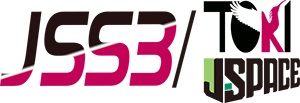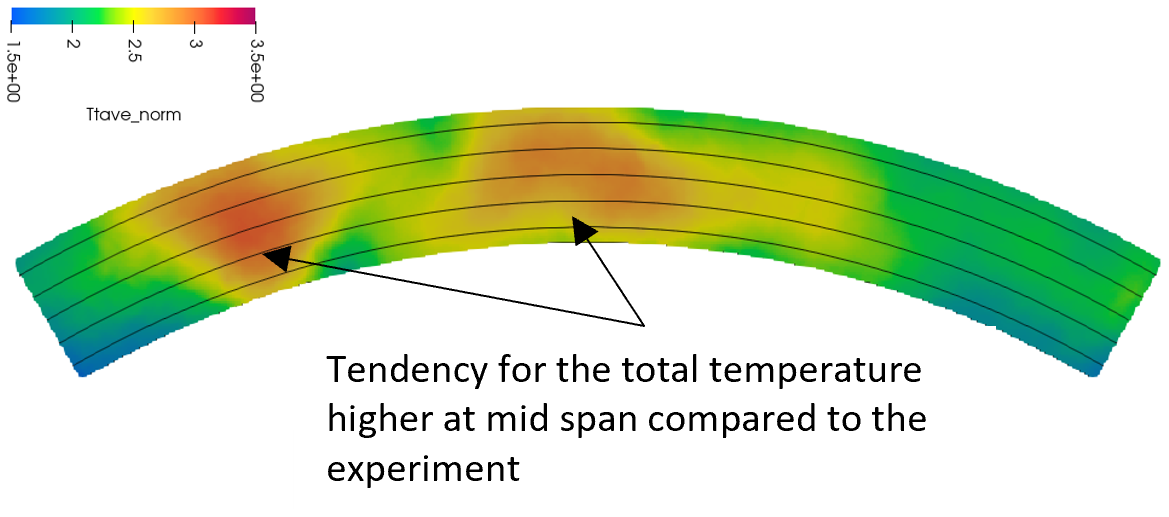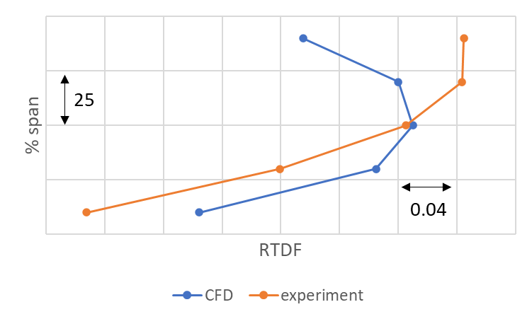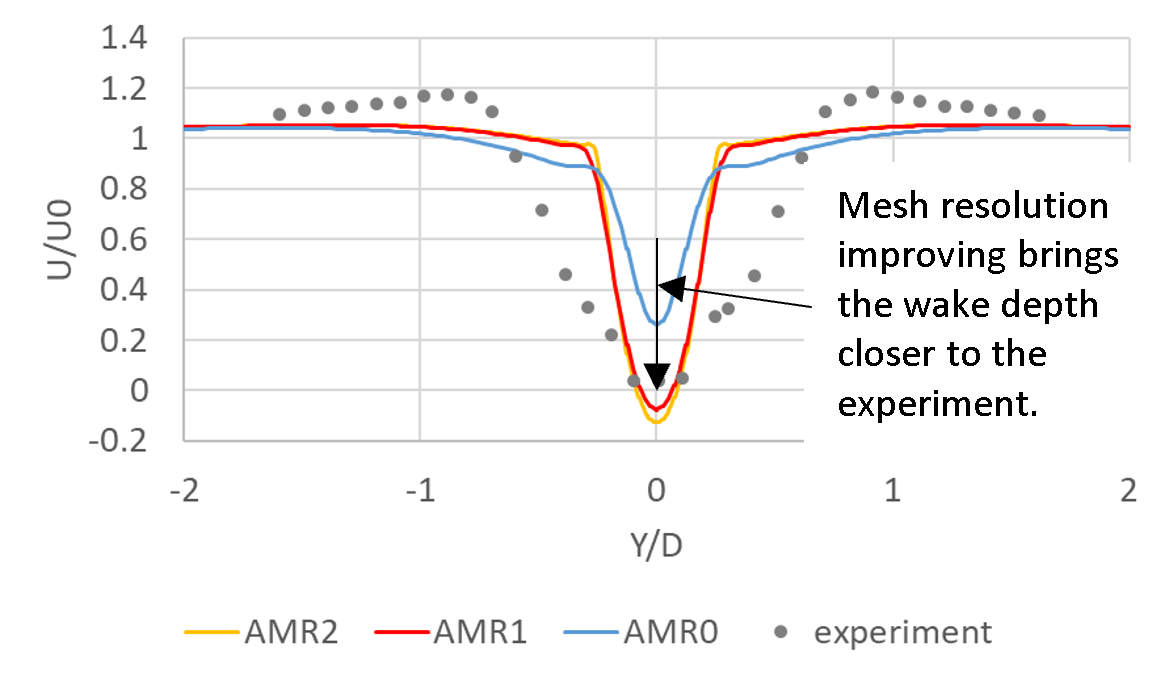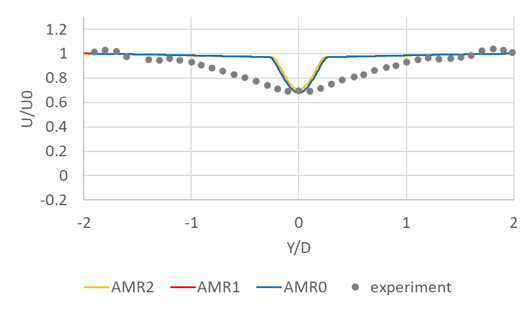Application of the Cartesian grid and an IB method to the analysis of aircraft engine comustors
JAXA Supercomputer System Annual Report February 2024-January 2025
Report Number: R24EDA102G31
Subject Category: Aeronautical Technology
- Responsible Representative: Taisuke Nambu, Aviation Technology Directorate, Aircraft Digital Transformation Technology Demonstration Project Team (XANADU)
- Contact Information: Taisuke Nambu(nambu.taisuke@jaxa.jp)
- Members: Dan Hori, Taisuke Nambu, Kei Shimura
Abstract
The evaluation of key factors in thermal-fluid phenomena of aero-engine combustors and fundamental characteristics as a fluid solver is conducted using HINOCA-AE, the potential for expanding the application of numerical analysis to combustor design is explored in collaboration between JAXA and IHI.
Reference URL
N/A
Reasons and benefits of using JAXA Supercomputer System
Massive-parallel large scale simulation, Large number of simulations for software validation
Achievements of the Year
Combustion analysis for a realistic combustor using a solver employing orthogonal grids and the Immersed Boundary (IB) method was performed. Total temperature non-uniformity at the combustor exit was captured; the total temperature tended to be higher and RTDF (Radial Temperature Distortion Factor) also showed a peak at mid span. Investigation of the differences in the radial distribution of total temperature between the present results and experiments remains future studies. The flow analysis past a cylinder was also performed and the fundamental characteristics as a solver were investigated. Improving mesh resolution for increasing AMR (Adaptive Mesh Refinement) level high brings the wake depth at x/D = 1 closer to the experiments.
Reference of experiment: Cantwell, B., and Coles, D., "An Experimental Study of Entrainment and Transport in the Turbulent Near Wake of a Circular Cylinder", J. Fluid Mech., 136-1, pp. 321-374 (1983).
Publications
N/A
Usage of JSS
Computational Information
- Process Parallelization Methods: MPI
- Thread Parallelization Methods: OpenMP
- Number of Processes: 1 - 14400
- Elapsed Time per Case: 610 Hour(s)
JSS3 Resources Used
Fraction of Usage in Total Resources*1(%): 1.43
Details
Please refer to System Configuration of JSS3 for the system configuration and major specifications of JSS3.
| System Name | CPU Resources Used(Core x Hours) | Fraction of Usage*2(%) |
|---|---|---|
| TOKI-SORA | 37659655.24 | 1.72 |
| TOKI-ST | 211878.69 | 0.22 |
| TOKI-GP | 0.00 | 0.00 |
| TOKI-XM | 0.00 | 0.00 |
| TOKI-LM | 40432.02 | 2.92 |
| TOKI-TST | 0.90 | 0.00 |
| TOKI-TGP | 0.00 | 0.00 |
| TOKI-TLM | 0.00 | 0.00 |
| File System Name | Storage Assigned(GiB) | Fraction of Usage*2(%) |
|---|---|---|
| /home | 1545.22 | 1.04 |
| /data and /data2 | 138337.78 | 0.66 |
| /ssd | 36018.89 | 1.93 |
| Archiver Name | Storage Used(TiB) | Fraction of Usage*2(%) |
|---|---|---|
| J-SPACE | 1.80 | 0.01 |
*1: Fraction of Usage in Total Resources: Weighted average of three resource types (Computing, File System, and Archiver).
*2: Fraction of Usage:Percentage of usage relative to each resource used in one year.
ISV Software Licenses Used
| ISV Software Licenses Used(Hours) | Fraction of Usage*2(%) | |
|---|---|---|
| ISV Software Licenses(Total) | 286.24 | 0.20 |
*2: Fraction of Usage:Percentage of usage relative to each resource used in one year.
JAXA Supercomputer System Annual Report February 2024-January 2025

